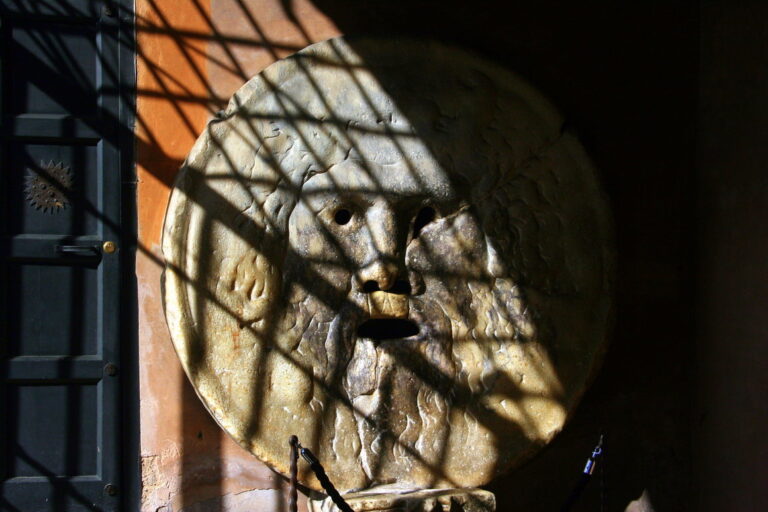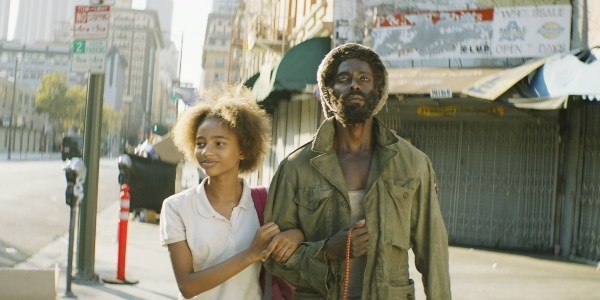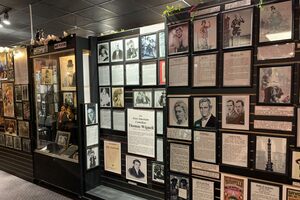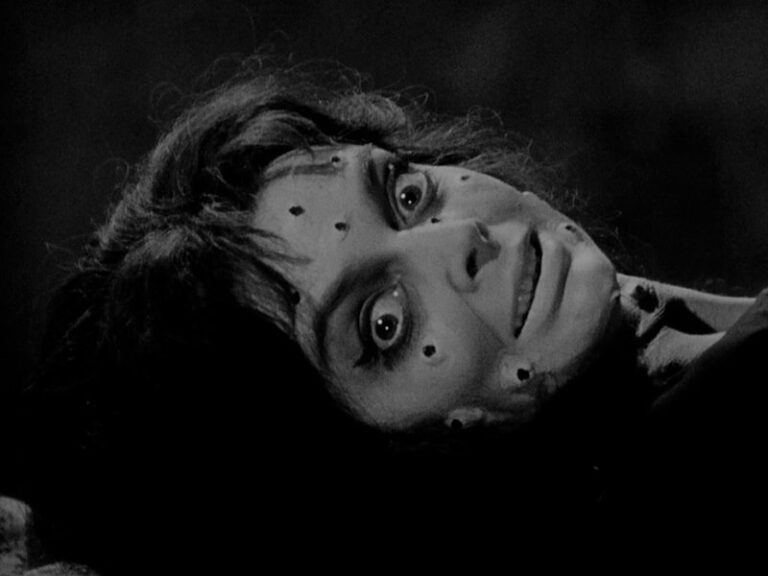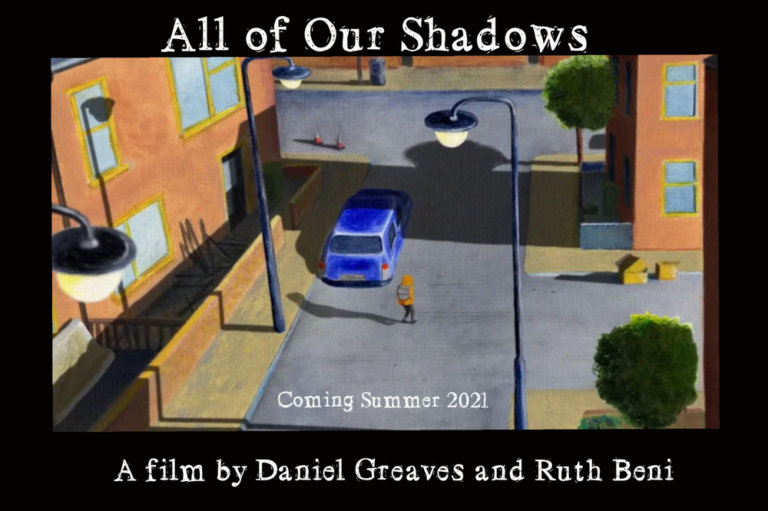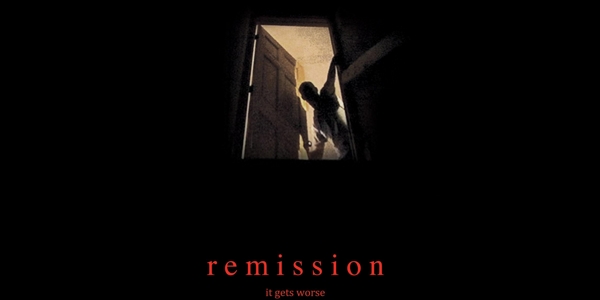10 Best Australian Horror Movies
October is defined in Webster’s Dictionary as “31 days of horror.” Don’t bother looking it up, it’s true. Most people take that to mean highlighting one horror movie a day, but here at FSR, we’ve taken that up a spooky notch or nine by celebrating each day with a top ten list. This article about the best Australian horror movies is part of our ongoing series 31 Days of Horror Lists.
You might think you’ve seen the best that horror has to offer, but keep in mind that’s not a fright; this is a fright! As we begin the countdown to Halloween, we decided to turn our attention to the Southern Hemisphere and celebrate the best Australian horror movies. The country has gifted the world with legendary filmmakers, a groundbreaking gothic aesthetic, and some of the genre’s greatest sun-soaked scares. From missing girls to murderous beasts, Oz has got it all.
We’re kicking off our 31 Days of Horror Lists by putting some shrimp on the barbie and getting down to it. Keep reading to see which favorites of the Boo Crew — a.k.a. Chris Coffel, Valerie Ettenhofer, Kieran Fisher, Brad Gullickson, Rob Hunter, Meg Shields, Jacob Trussell, and yours truly — made the cut as the best Australian horror movies.
10. The Babadook (2014)
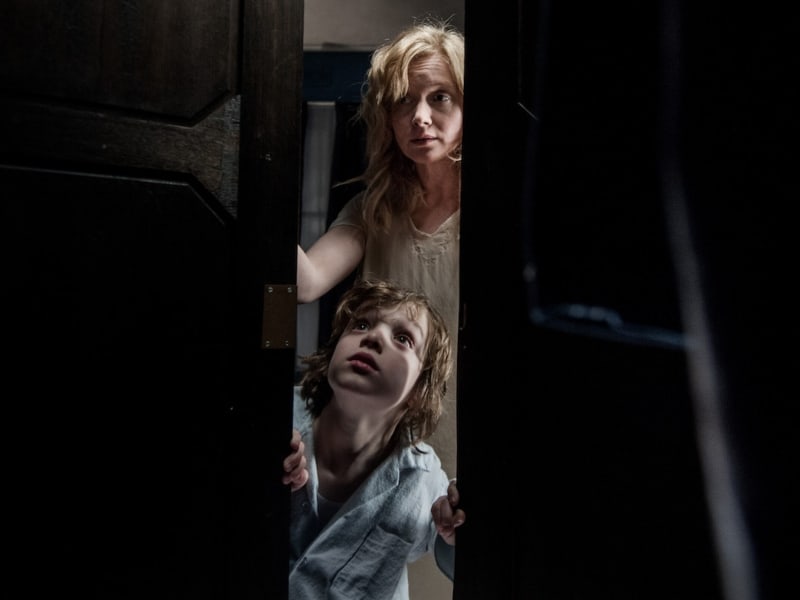
The backdrop of Jennifer Kent’s Sundance favorite is so bleak that it’s easy to forget it’s set in sunny Australia. In The Babadook, widow Amelia (Essie Davis), whose husband died in a car accident while she was giving birth, comes unfrayed when her young son begins to talk of an invisible monster. The movie found an audience thanks to its memorably creepy creature design — the pop-up book from which the Babadook originates is full of unusual, inky black illustrations — but also for its relentless, powerful take on the impact of grief. (Valerie Ettenhofer)
9. Road Games (1981)
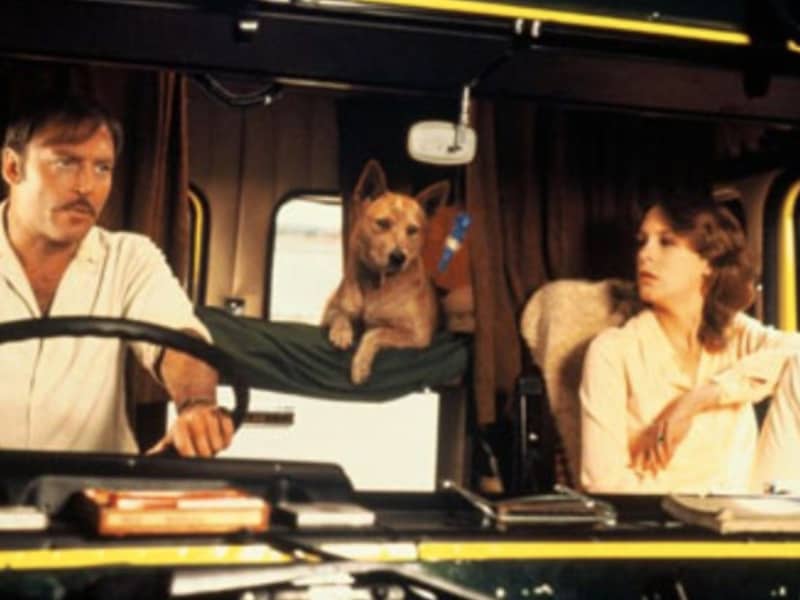
The road movie meets Hitchcockian thriller in this Ozploitation gem from Richard Franklin and Everett DeRoche. Starring Stacey Keach and Jamie Lee Curtis, the story follows a truck driver and a hitchhiker as they attempt to track down a serial killer who stalks the highways. It’s a simple concept that’s maximized to horrific effect. Road Games is a masterclass in suspense that makes the Australian Outback seem like a terrifying place to be. But the tense moments are complemented with some well-executed black humor, and Keach is a joy to behold. (Kieran Fisher)
8. Picnic at Hanging Rock (1975)
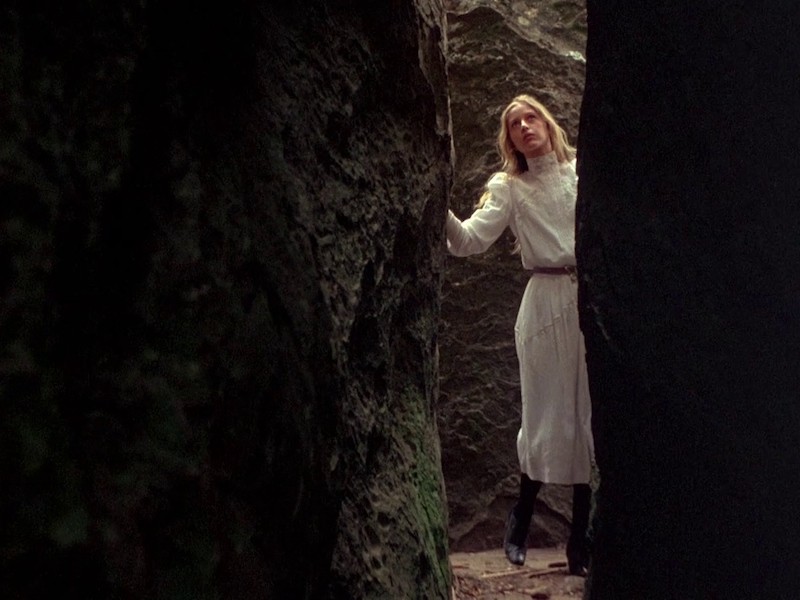
Impenetrable and ethereal, Picnic at Hanging Rock is perhaps the most haunting film that isn’t about ghosts — at least not directly. Indeed, describing exactly what Picnic is about poses a challenge. At a cursory glance, Peter Weir’s film follows the inhabitants of a turn of the century Australian boarding school. When several of them fail to return while exploring the eponymous geological formation, the mystery ripples through the surrounding community. They don’t return as ghosts, nor does their disappearance ever appear to have been the result of malice. They just vanished. There are no answers. What haunts those who remain is not a specter but rather a lingering inability to accept this. In turn, this film, which perhaps in less skilled hands would have been unsatisfactory, is instead richly beguiling and emotionally fulfilling, even if its central mystery isn’t. (Anna Swanson)
7. Lake Mungo (2008)
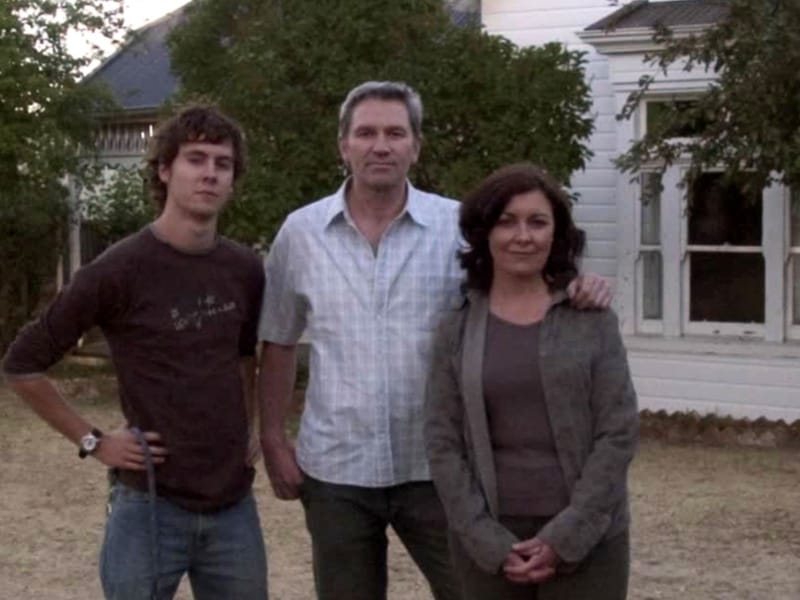
The highlight of the After Dark film series of the mid-2000s, Lake Mungo is a slow burn horror that begs your attention. I would actually stop short of calling it a horror movie, though. It’s much more of a somber drama on death and omens with a supernatural overlay that drags it into the horror genre, but just barely. About the Palmer family coming to terms with the loss of their teenage daughter Alice, it’d be disingenuous to describe Lake Mungo as a found footage film. It purports itself to be a straightforward paranormal documentary, more like a feature-length episode of Sightings than a concept akin to The Blair Witch Project. The film puts forward a dark, brooding mood that is unique and starkly contrasted by the lush photography of Australia’s bright, warm landscape. Lake Mungo is remarkably effective at sparking a queasy feeling that there is some large incomprehensible force acting against us in the world, which speaks towards the film’s major inspiration: Twin Peaks. Alice Palmer, just like Laura Palmer, was a teenager hiding multiple layers to her personality from both her friends and family, leading her down a fatalistic path of destruction that led to her death at the hands of something from beyond the veil. This isn’t a knock on the film in the least; I was actually taken by how clever the reference was. Besides, if you’re going to lift something, might as well lift from the best, right? (Jacob Trussell)
6. Hounds of Love (2016)
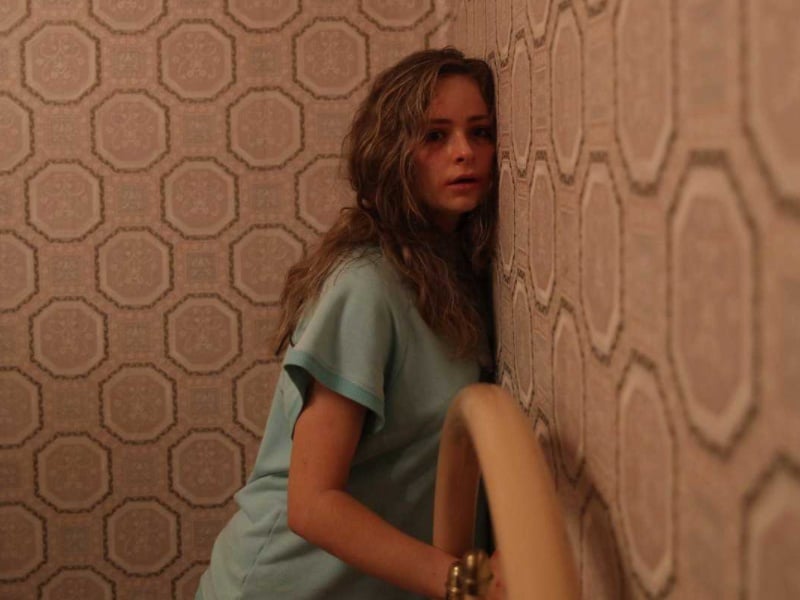
You don’t watch Australian horror to feel good. You watch Australian horror to confront the barbarism of humanity and contemplate whether or not the asteroid should just hit us now, granting a quick apocalypse rather than the slow bleed we’re currently experiencing. Hounds of Love is a brutal, ugly, and painful watch. When Vicki (Ashleigh Cummings) trusts the wrong couple, she finds herself imprisoned in a reality of violence and domination. The Whites are monsters of the finest, psychotic order. You watch in a hypnotic trance as the young woman attempts to ignite hostility between the demonic duo, and while hope seems too precious a commodity to succumb to within Australian Cinema, you will find yourself sinking into it. Hounds of Love is a gorgeously shot nightmare, where your blood pumps vigorously, and your emotions are ground into numbness, but when the credits roll, you know you’ve just witnessed something magnificent. A second watch is in your future (perhaps as a marathon of the best Australian horror movies). Maybe even a third watch or a fourth watch, but you’ll need significant space between each compulsory viewing. (Brad Gullickson)

